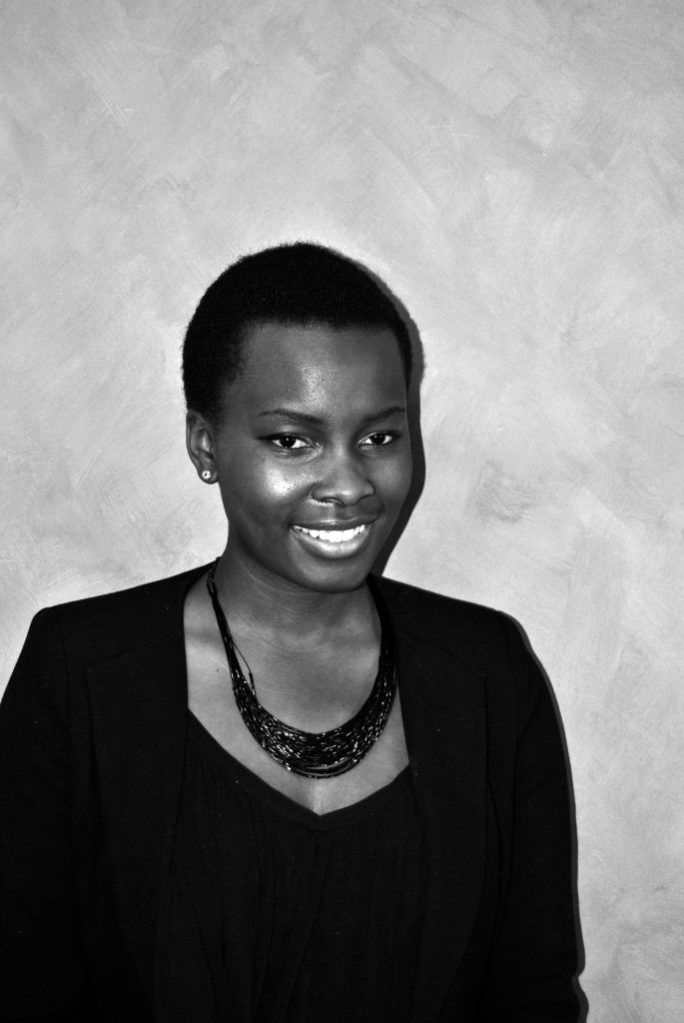Apocalypses, domination by robots, intergalactic wars or futuristic post-Armageddon societies have never appealed to me. I have always been a bit of a literary and culture snob, and have turned my nose up at any science fiction. I have never watched any of the Star Wars movies.
But to be a good writer, you need to read a lot. Not only that; you should read widely. So last year, in the spirit of being a good writer, I gritted my teeth and took my first journey into the world of sci-fi.
For my initiation, I chose award-winning South African writer and documentary maker, Lauren Beukes. Admittedly, I chose her acclaimed novel, Zoo City, because I have a strong bias towards Afrocentric literature. And the fact that it offered an alternative vision of South Africa’s Johannesburg appealed to me.
Zoo City is not Beukes’s first piece of speculative fiction, her debut novel, Moxyland, outlines a futuristic, corporate Apartheid Cape Town. However, Zoo City is the one that has been highly praised; it won the Arthur C Clarke Award (think Nobel Prize for science fiction), among others.
And with good reason. As I read, it becomes less of a grudge read and more of a literary experience. In a world where there is an unspoken rule that African fiction must be political and/or historic to be considered worthy, this book is refreshing and innovative. Beukes deftly interweaves traditional African belief systems with traditional sci-fi to create a post-modern, unexpectedly viable, vision of Johannesburg in the future.
Loading...
I became more interested in the genre and soon discovered that Beukes is not alone or a pioneer. Afro-futurism has been around for more than 100 years, with its roots in the African Diaspora. African Americans, former slaves, imagined futures where men and women, white and black, were equal.
Early pan-Africanist W.E.B. Du Bois, for example, wrote a number of science fiction narratives.
Over the years, both Africans on the continent and in the Diaspora have increasingly developed Afro-
futurism as a literary and cultural movement that blends science and magic realism in order to explore Africa in the past, present and future.
In a talk entitled ‘Afro-futurism in popular culture’, Kenyan film director Wanuri Kahiu speaks of Afro-futurism as a means of reclaiming the past. Look online for a recording of her TEDxNairobi talk and you too will get a real sense of the brave and unconventional woman behind her film, Pumzi.
After winning five awards at the African Movie Academy Awards in 2009 for her debut film, From a Whisper, this was Kahiu’s first venture into Afro-futurism. Pumzi was also Ken-ya’s first sci-fi film.
The 23-minute film imagines a futuristic, post-apocalyptic Africa, where there is no water and where people live in contained communities. Released in 2009 at the Kenya Film Festival, Pumzi went on to be screened at the prestigious Sundance Film Festival in 2010, as part of the New African Cinema program. Kahiu hopes to turn the film into a full-length feature.
Nigerians have always been the toast of African literature, so perhaps it is not surprising that Nigerian-American author Nnedi Okorafor is at the forefront of the push to move African sci-fi from the fringe into the mainstream literary canon.
In addition to the science fiction prizes she has won, such as the Carl Brandon Parallax Award, Okorafor has some of the biggest awards in African literature under her belt. She received the Wole Soyinka Prize for Literature in Africa for her young adult book, Zahrah the Windseeker, and the Macmillan Writer’s Prize for Africa for her children’s book, Long Juju Man.
Of the three women I refer to in this column, Okorafor, a Chicago State University creative writing professor, is particularly prolific in African sci-fi, and has published six books in the genre so far.
The world of science fiction is one of infinite possibilities. Afro-futurism is a cultural movement that increasingly reflects the current mood of optimism about the political and economic future of the continent. It is, as I have discovered, an important genre. And that more young African women such as Beukes and Kahiu are joining and even leading the movement is not only exciting but also necessary.
If one of the central tenets of Afro-futurism is the ability to reclaim the past, then this movement will give expression to the political, cultural and artistic aspirations—and frustrations—of a new generation of young African women.
Loading...
